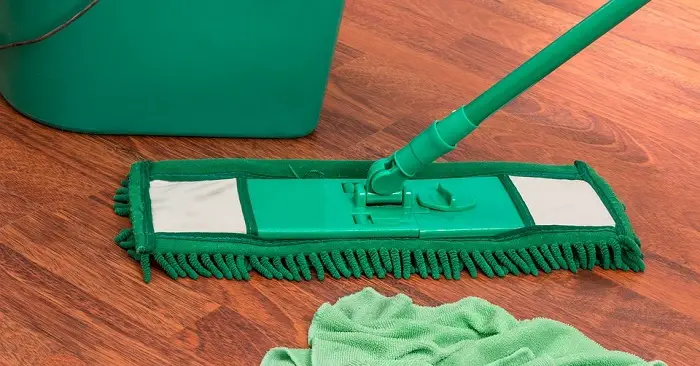The President of the UAE, His Highness Sheikh Khalifa bin Zayed Al Nahyan, has recently approved Federal Law No. 10 of 2017. This 41-article law includes provisions on domestic workers labour contracts, working hours, official leaves, recruitment agencies, and settlement of disputes.
The Minister of Human Resources and Emiratisation (MoHRE), Saqr bin Ghobash Saeed Ghobash, stated that the law aims to regulate the working relationship between employers and employees. It also seeks to provide legal protection for all the parties concerned.
Related Post: How to Sponsor a Maid/Nanny in Dubai

Image Credit: WAM News Agency
HH President Khalifa Issues Law on Domestic Workers
According to the new law, domestic workers in the UAE are entitled to:
- Payment of wages, to be given no later than the 10th of the following month
- 12 hours of rest per day, including 8 hours of consecutive rest
- One day of paid rest every week
- 30 days of medical leave per year
- Medical insurance, provided by employer
- Round-trip ticket to home country every two years
- Decent accommodation and meals, provided by employer
- Working clothes (if required by employer), provided by employer
- Possession of personal documents (e.g. passports, IDs, etc.)
Meanwhile, the new law prohibits the following:
- Employing a worker who is below 18 years old
- Assigning tasks that are not specified in the labour contract
- Exposing the worker to physical harm

Other Rules and Regulations
In addition, here are other provisions stipulated in the law:
- The recruitment agency must present a copy of the job offer to the worker before he/she leaves his/her home country.
- The labour contract, which indicates the terms and conditions of the employment, must be accredited by the MoHRE.
- The Tadbeer centres, which will soon replace recruitment agencies, will facilitate orientation, training, and proper visas for the workers.
- The domestic worker may be employed on probation for six months. During this period, the employer may decide to terminate the contract, and the recruitment agency should bear the cost of sending the worker home.
- The employer should not deduct any amount of money from the worker’s salary or end-of-service pay — except for a debt payable or repair for any damage caused by the worker. In these cases, the deduction should not be more than one quarter of the worker’s salary.
- The employer or worker may decide to terminate the contract if either party fails to meet obligations. Even if obligations are being met, either party may terminate the contract, based on a “no-fault” termination indicated in the Domestic Labour Law.
- If the worker resigns without telling the employer, he/she (the worker) must inform the MoHRE within two days. Meanwhile, if the worker leaves without a valid reason, the employer must inform the MoHRE within five days.
- The employer or worker may refer a dispute to the MoHRE, which will try to resolve the matter amicably within two weeks. If unresolved, the dispute will be referred to a court. At this stage, cases filed by workers are exempted from court fees.
- The worker must be treated decently and not exposed to any form of violence at all times.

The new law will be implemented two months after its publication in the official gazette. It will cover 19 support service jobs, including: cooks, domestic workers, drivers, gardeners, guards, nannies, nurses, parking valet workers, private trainers, and sailors.
Indeed, the new law will serve as a guide for all recruitment agencies, domestic workers, and their employers — especially when it comes to upholding workers’ rights. To learn more, here is an article about working hours, official leaves, and vacations, based on the UAE Labour Law.
Who are domestic workers:
In case you are wondering who are considered domestic workers, here’s a list according to government.ae website. The domestic law applies to these service designations/occupations:
- housemaid
- private sailor
- watchman and security guard
- household shepherd
- family chauffeur
- parking valet workers
- household horse groomer
- household falcon care-taker and trainer
- domestic labourer
- housekeeper
- private coach
- private teacher
- babysitter/nanny
- household farmer
- gardener
- private nurse
- private PRO
- private agriculture engineer
- cook
DISCLAIMER: The topics presented in this article are for information-sharing purposes only. They may be used as a personal guide, but they should not be used as a basis for actual labour concerns or legal proceedings. To learn more about the UAE Labour Law, visit the MoHRE official website.

Comments are closed.